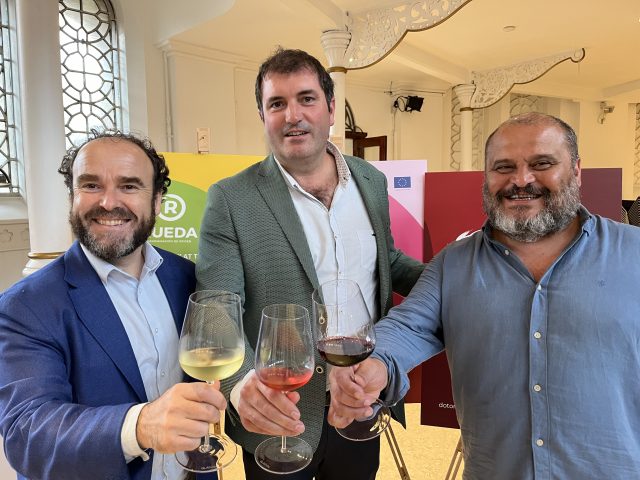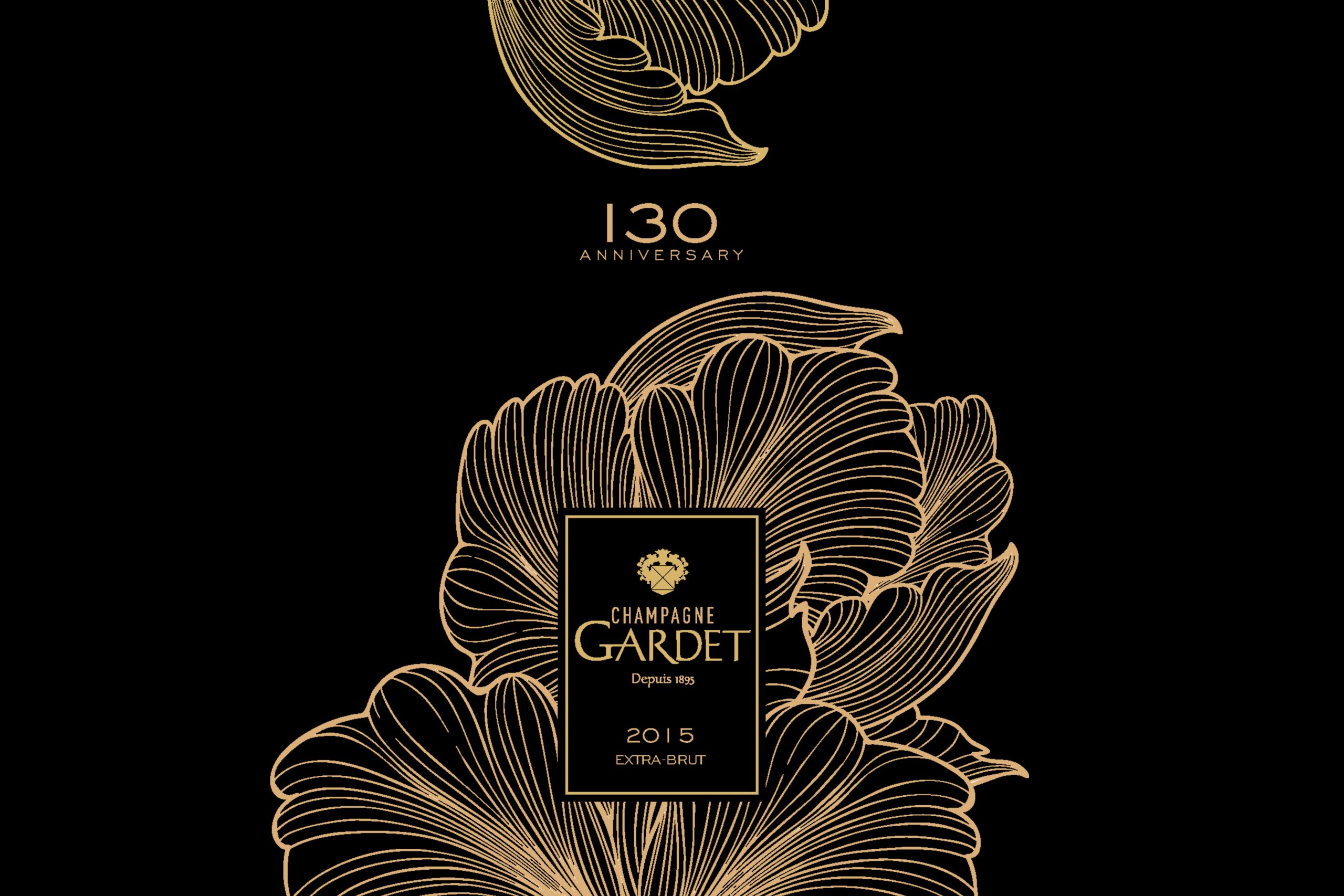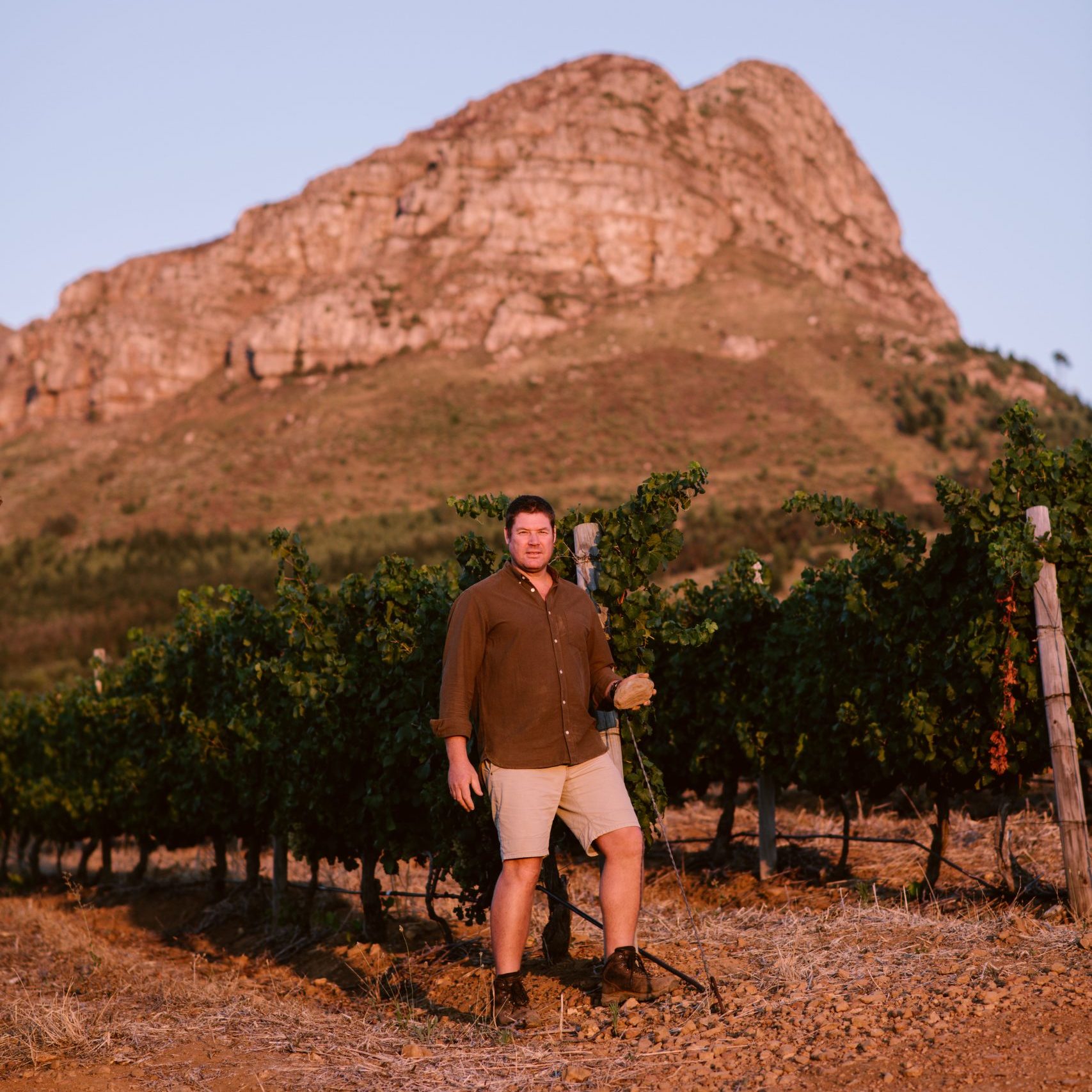DO Toro: being lesser-known can make export easier
By Eloise FeildenThe benefit of being an emerging region is not being “pigeon-holed”, DO Toro president tells db, as the region tries to gain a stronger foothold in international markets.

Felipe Nalda Álvarez, president of DO Toro, hosted a masterclass showcasing wines from the region at a tasting in London on Tuesday.
Eight red wines, all produced using 100% Tinta de Toro grapes, were on pour at the session, designed to show the quality and diversity of the region’s signature grape.
Álvarez was keen to show a range of both newer and older styles, and told db it was an opportunity for the region as a whole to showcase the quality of raw materials and climatic conditions.
Old, ungrafted bush vines dominate the region, which is planted with 90% Tinta de Toro, a Tempranillo variant. The region has a total of 5,400ha of vineyards.
Winemaking in the region has adapted in recent years, Álvarez said, keeping up with what consumers are looking for. Vintage dates have been brought forward, and there has been much improvement to the winemaking techniques undertaken during fermentation and ageing. Winemakers are “not looking for very aged and tertiary characteristics”, he said, in keeping with consumer tastes shifting more towards lighter, fresher styles of red wine.
It may be an “emerging region” in international markets, according to its president, but the region has a long history. Toro Wines were drunk on Christopher Columbus’ voyage of discovery to the Americas. “You could say it was the first wine to be internationalised thanks to Christopher Columbus,” Álvarez joked.
Toro was first recognised as a DO in 1933, but lost its title during the Civil War, regaining it more than half a century later in 1987.
Now, present-day challenges lie in the pressure to internationalise once more. DO Toro is focused on gaining a foothold in markets which have little exposure to its wines thus far, including the UK, US, Mexico and China. It currently exports about 50% of production, while the other half is consumed domestically.
Partner Content
Álvarez explained being lesser-known internationally can be a benefit, as the region and its wines have not been “pigeon-holed as yet” by consumer expectations.
He added that while Russia was a promising market prior to its invasion of Ukraine, the war has made exporting to the country too challenging.
The DO Toro masterclass on Tuesday was part of the first UK tasting of three of Northern Spain’s most prominent wine regions — the others being DO Navarra and DO Rueda.
A walk-round tasting of more than 40 producers, the regions have chosen to work together to promote Rueda’s white wines and Navarra’s rosés along with the red wines of Toro.
Mario Muñoz Blanco, international marketing director for DO Rueda, said the focus for the denomination was to continue promoting its Gran Vino de Rueda aged Verdejo category, which was launched in 2021. Blanco said the category is still a “work in progress”, yet to reach its “full potential”. Some wineries are still trying to find their signature style of aged Verdejo, he said, but Gran Vino offers a “bright picture” for the future of Rueda’s white wines.
For DO Navarra, it’s all about the rosé. President David Palacios said the region is going back to what originally gave Navarra its identity a century ago — its “calling card” rosado.
Navarra producers are engaging in the “eternal” colour debate, prompted by the international popularity of pale pink rosé wines. Palacios said that traditional rosado wines which are darker in colour have their place and need to be defended. He argued that winemakers need to focus on quality, whatever the shade of pink the final wine. “We all need to row in the same direction,” he said.
The tasting in London was the first joint event undertaken by the three Northern Spanish regions, but Blanco noted that pending a successful reception, the event will be just the beginning of a continued cooperation between the DOs.
Related news
Will white wine be central to Burgundy's future success in Asia?




